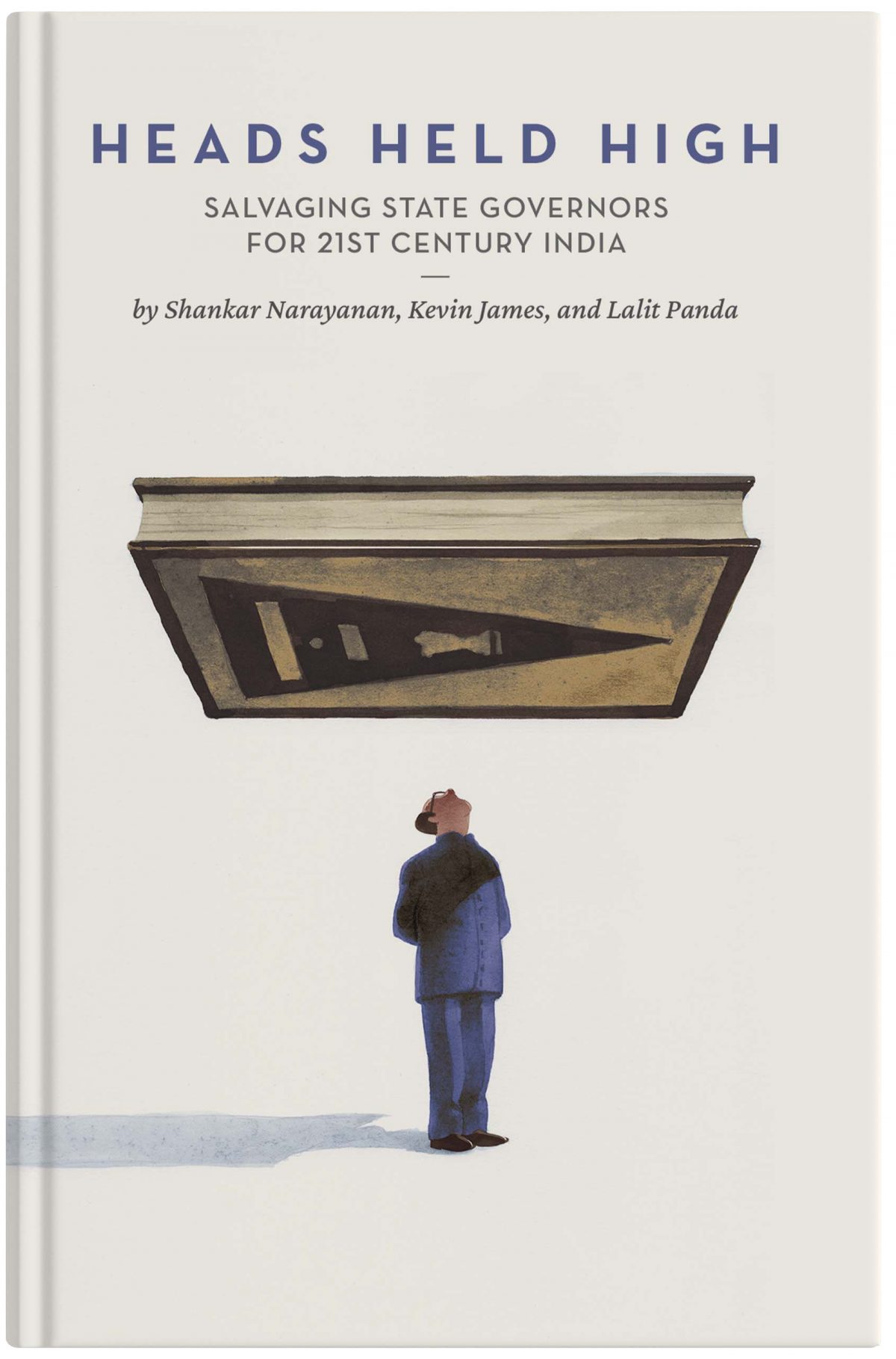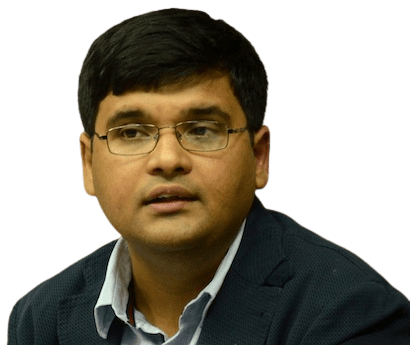
MORE ABOUT THE BOOK
Governors routinely find themselves in the middle of political controversies and crises in India. While, at first glance, they may seem to be ceremonial figureheads with limited powers, these same narrow functions transform them overnight into kingmakers for state governments, or overseers who can reconsider laws, discern emergencies, and sanction sensitive criminal prosecutions. In all these critical moments involving the most political of decisions, Governors are also expected to remain non-partisan and above the everyday skirmishes of politicians. How did the Governor come to occupy this curious role of an umpire of democracy?
In Heads Held High: Salvaging State Governors for 21st Century India, the authors attempt to present a full picture of this controversial office, from its earliest colonial origins, to its incorporation into the Constitution, and on to the manner in which it has operated since 1950. These narratives are a result of extensive research into colonial laws, historical accounts, constituent assembly debates, constitutional provisions and cases, commission reports, legal and political commentaries, biographies, and interviews with former Governors.
As such, this book will help readers perceive a well-known but little-understood constitutional functionary in a clearer light and reorient how we think about reforming the office.
In Heads Held High: Salvaging State Governors for 21st Century India, the authors attempt to present a full picture of this controversial office, from its earliest colonial origins, to its incorporation into the Constitution, and on to the manner in which it has operated since 1950. These narratives are a result of extensive research into colonial laws, historical accounts, constituent assembly debates, constitutional provisions and cases, commission reports, legal and political commentaries, biographies, and interviews with former Governors.
As such, this book will help readers perceive a well-known but little-understood constitutional functionary in a clearer light and reorient how we think about reforming the office.






